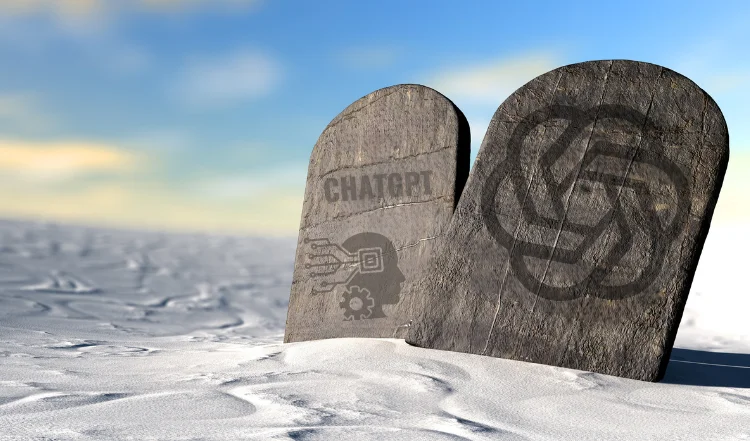Lots of folks around the world have an unfulfilled desire to write their very own books.
That could be short tales, not-too-long stories (we call them novellas), or those big, thick novels.
But guess what?
Starting to write your first piece of fiction can be a bit scary at first, but, it’s never been easier!
Imagine this: Have you ever thought about where to begin if you’ve never written a whole book before? It’s like picking the right path in a game. Well, it sort of depends on the type of story you want to tell.
You have so many options! Just take a look at the following list of the most popular genres currently selling on Amazon (and everywhere else) for fiction
- Romance
- Mystery/Thriller
- Science Fiction
- Fantasy
- Historical Fiction
- Horror
- Young Adult (YA)
- Children’s
- Women’s Fiction
- Literary Fiction
- Crime/Noir
- Humor/Satire
- Westerns
- Adventure
- Paranormal/Fantasy Romance
- Erotica
Once you’ve picked a genre that you’re interested in, the next part is easy. You just need to enlist ChatGPT’s help!
1. Ask ChatGPT to create a story idea.
All you’ll need to do is use this prompt:
Create a story idea for a novel in the thriller niche.
Now, hit Enter!
ChatGPT will go to work and in seconds, it’ll generate a rough story idea for you based on popular tropes in the genre.
Don’t expect it to create a full-fledged novel. This is just the beginning – and what you’re doing here is getting a strong start. You can keep regenerating responses until you see a story idea you like. Once you do, it’s on to the next step…
2. Use ChatGPT for plot development.
Now that you have a story idea, you’ll need to use your own imagination and creativity to come up with the story itself, for the most part.
Of course, even at this stage, you can simplify the process by asking ChatGPT to give you a “full story with a chapter breakdown”.
And just like that, you have an outline you can use to write your story!
You could even ask ChatGPT to add an unexpected twist or two in the story. This will ensure your novel is interesting, unpredictable and a page turner.
So, now you have your story idea and your outline including a couple surprises for the reader, but you still need all of that brandable goodness that any author must have to be successful these days.
ChatGPT can help with that too!
Besides using ChatGPT for fiction writing, fiction writers can use it for several other purposes.
3. Use ChatGPT to write your author bio.
Writing a bio can be tricky. It must be concise, yet interesting. And remember, the majority of potential readers will scan your bio at some point.
Most authors find it difficult to write about themselves without coming across as either too humble, and therefore, not engaging enough, or too braggy.
Once again, ChatGPT saves the day because you’re going to ask it to write a bio for you.

4. ChatGPT can help you become a better writer.
Any successful author will tell you that to write better, you need to read more.
But what will you read that won’t waste your time while still helping you develop your skills as a fiction author?
Let’s assume you’re in the romance genre, and you’re focusing on historical romance. To understand what’s working, you’ll need to read bestselling books in the niche. And you’ll want to choose books that offer different styles and tones.
Instead of spending countless wasted hours going through hundreds of titles on Amazon, you could just ask ChatGPT with the following prompt:
I’m an author in the historical romance genre. Give me a list of popular books in this niche that I should be reading to improve my work.
When I asked, here are some of the books ChatGPT recommended:
- Outlander by Diana Gabaldon
- Pride and Prejudice by Jane Austen
- The Duke and I by Julia Quinn
- The Bridges of Madison County by Robert James Waller
- A Knight in Shining Armor by Jude Deveraux
- The Time Traveler’s Wife by Audrey Niffenegger
- The Notebook by Nicholas Sparks
- The Bronze Horseman by Paullina Simons
- The Other Boleyn Girl by Philippa Gregory
- The Scarlet Pimpernel by Baroness Orczy
5. A good book needs an even better book cover!
Make no mistake, book covers sell books! If your book cover isn’t exciting, evocative and engaging, no one will bother to stop scrolling and take a moment and actually read what it’s about.
If you’re not a graphic designer specializing in marketing, you absolutely must outsource your cover to a professional.
You can use sites like Upwork or 99designs. They do good work and they’re affordable. Focus on book cover experts.
Now, you can sit back and tell the designer to create a few ideas for you, but keep in mind, unless you’re spending $1,000+ for a book cover designer, he or she will not read your book.
So, you may want to offer up a few ideas at the start, so the designer understands your expectations.
Let’s challenge ChatGPT here, shall we?

Now that you’re armed with an idea you like; you could approach a book cover designer and ask them to bring your idea to life. It’ll be easier than starting from scratch, and your designer will be more likely to create a cover you like.
6. ChatGPT can make creating dialogue much easier.
Are you struggling to think up some engaging dialogue?
You’ve run the lines so many times, alone, out loud, that none of it sounds natural anymore?
ChatGPT can easily cook up some for you. You just need to give it the right prompt.
Let it know the personality of your characters and what they’re talking about – and ask ChatGPT to give you a few lines of dialogue.
7. ChatGPT can proofread.
Before submitting your work to an editor (or generous friend), you can always use ChatGPT to proofread your content and correct any spelling and grammar mistakes.
Ideally, you’ll want to do this in small chunks, since ChatGPT does have limitations and handles smaller blocks of text better.
Proofreading each chapter with ChatGPT will keep the content ‘bite-sized’ enough for this powerful AI tool, and you’ll be on track in a more systematic manner.
By now, you’ll realize just how useful ChatGPT can be. Not only does it do what’s mentioned above, but you could use it for author branding ideas, to get writing tips and much more.
Leverage this powerful tool to take your fiction writing and book marketing to the next level.





